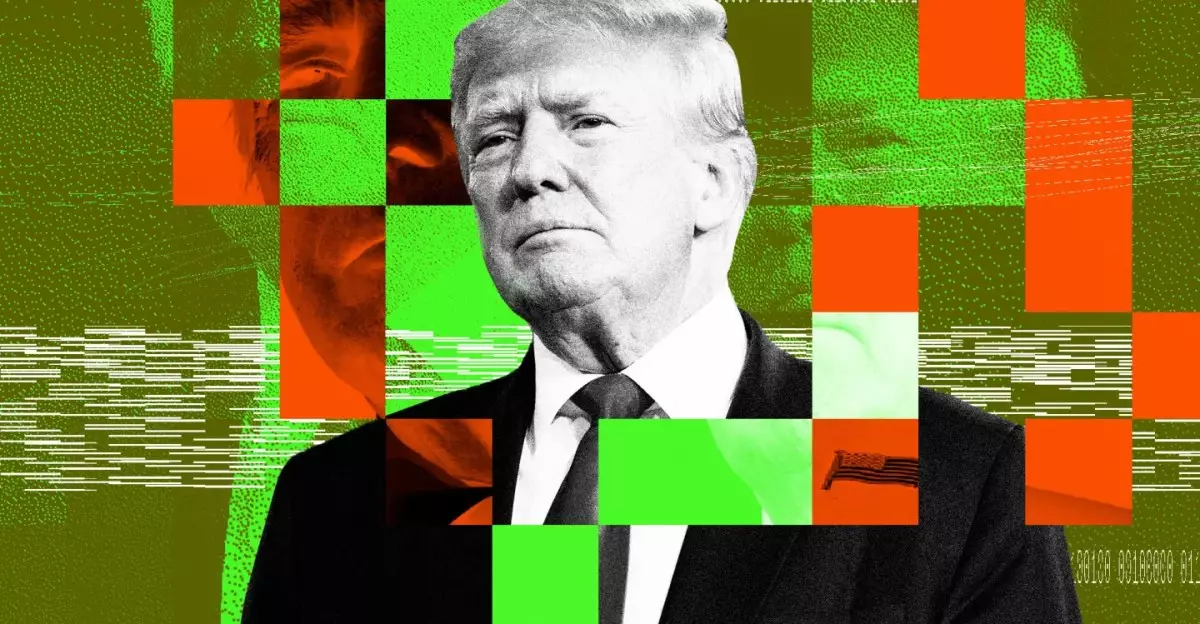The recent suspension of student visa interviews by the State Department has left countless applicants in a precarious situation, severely impacting their academic pursuits in the United States. The move has sparked considerable concern among prospective students, as the delay in processing can mean the difference between beginning their studies or missing critical opportunities altogether. Disturbingly, this policy shift appears less about public safety and more about a troubling agenda that restricts access to higher education for specific groups, particularly those from Muslim-majority countries like Iran.
Legal Challenges Emerge Against Administrative Overreach
Fifteen Iranian students and researchers have taken a courageous step by suing the Trump administration over this unprecedented pause on student visa interviews. They argue that the decision violates the Administrative Procedures Act, which is designed to prevent arbitrary governmental actions. Their legal team emphasizes that these students are not just random applicants; they are talented individuals accepted into esteemed institutions such as Yale and Ohio State for advanced studies in fields critical to technological and economic development. By halting their visa processes, the government sends a clear signal that it is willing to prioritize political motives over educational aspirations.
The Hidden Agenda: Political Vetting of Applicants
Curtis Morrison and Hamdi Masri, the lawyers representing these students, have shed light on the underlying motives driving this pause. According to Masri, the State Department’s insistence on vetting applicants’ social media accounts, a policy initiated in May 2019, primarily targets individuals from countries deemed as adversaries. This diligent scrutiny raises serious ethical concerns: are we sacrificing the fundamental values of education and inclusivity on the altar of national security? Critics argue that these measures represent an alarming trend toward politicizing education—a space that should inherently be open and diverse.
Broader Implications for Academia and Diversity
The implications of this policy extend far beyond the individual applicants caught in limbo. The Trump administration’s stance against international students appears to be a broader assault on academic freedom and diversity within American universities. By targeting specific demographics—be it Iranian students, Chinese scholars, or those involved in activism—this administration sends a chilling message that dissent, intellectual freedom, and global collaboration are not valued. Such policies undermine the very foundation of what a vibrant academic community should stand for: diversity of thought, perspective, and experience.
Revising the Narrative: A Call to Action for Fairness
As the legal battles unfold, it is imperative for concerned citizens, educators, and policymakers to advocate for a fair and transparent immigration process that does not marginalize or politicize deserving students based on their nationality or beliefs. International students contribute significantly to the academic and cultural fabric of the United States, enriching discussions within classrooms and fostering innovation across fields. Reassessing the approach to foreign education collaborations is essential to ensure that America remains a beacon of hope and opportunity for those seeking knowledge, regardless of their background.

